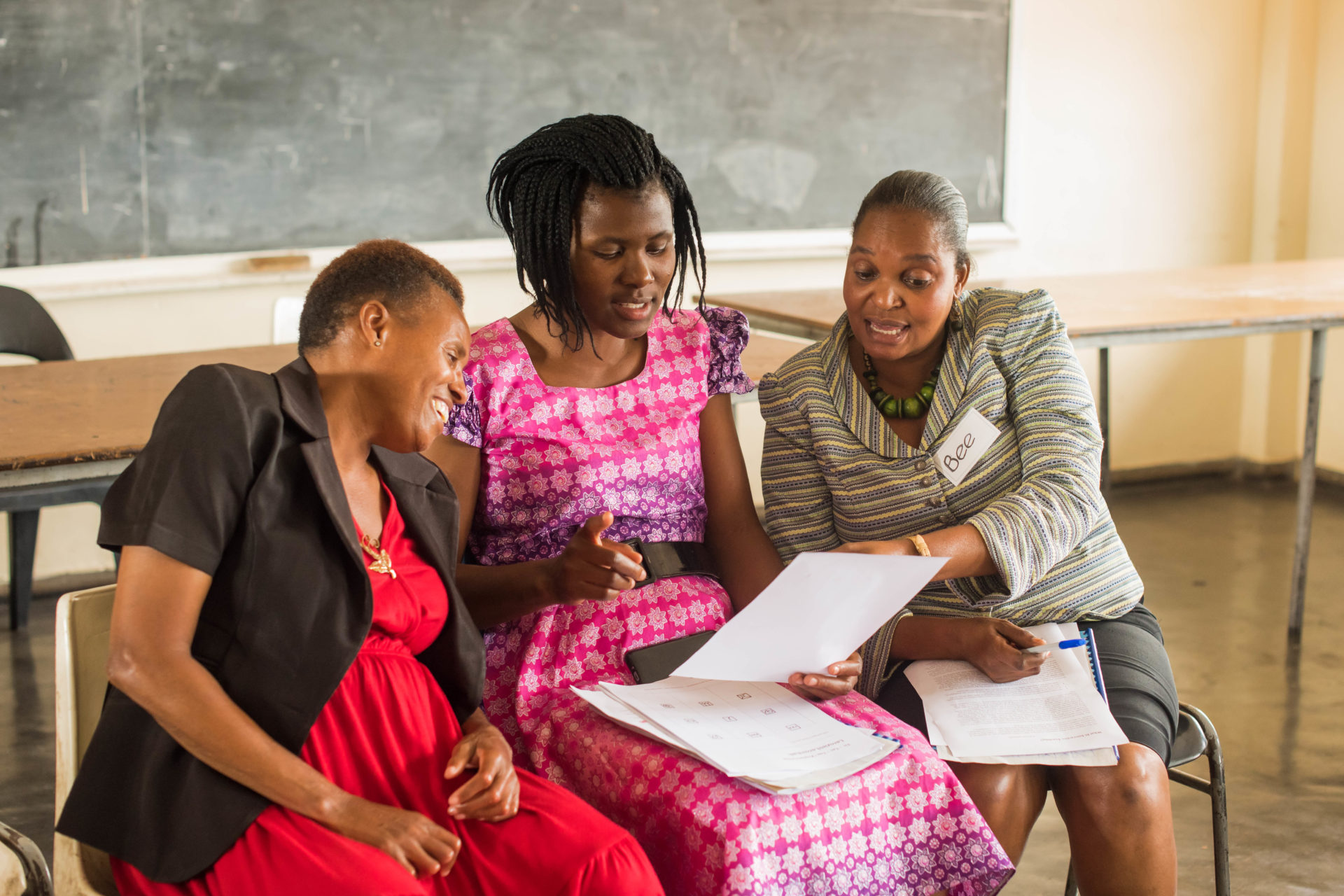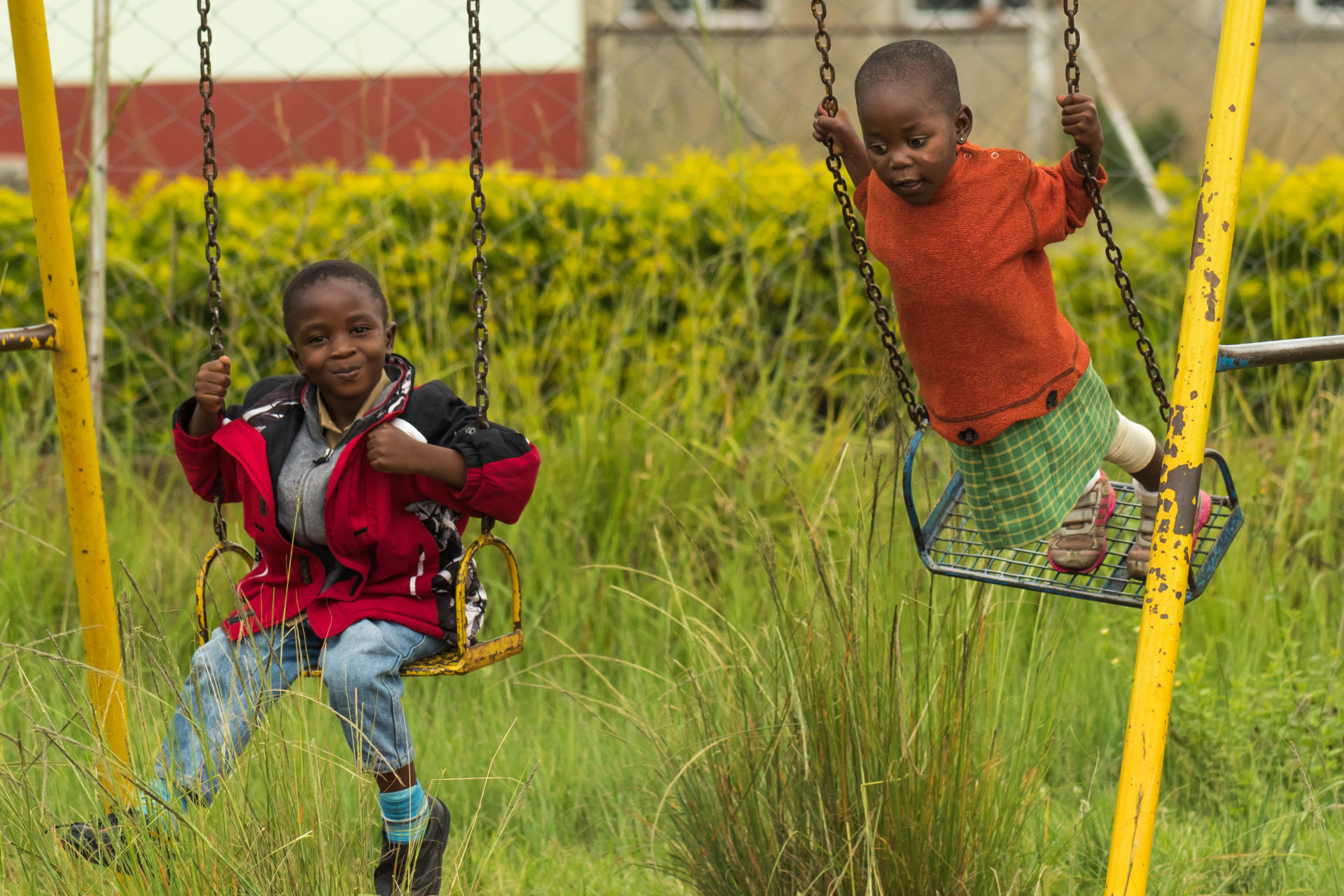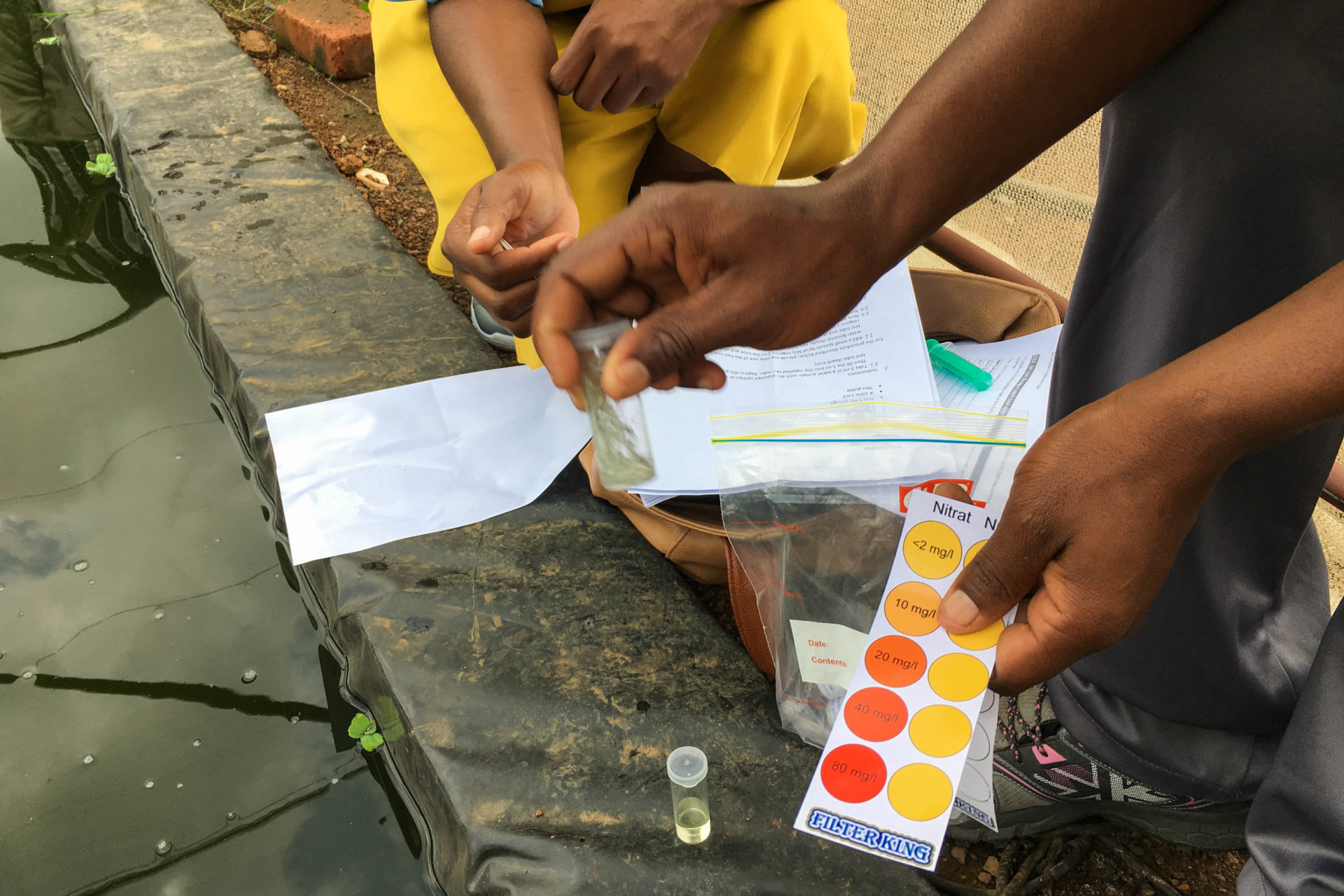In Zimbabwe, food production is at rock-bottom. What can be done when the population is suffering from hunger and education is falling by the wayside too?
In Zimbabwe, there is an ever-shorter supply of food. In 2016, El Niño meant that at times, the food security of 30 percent of the population was not guaranteed. The country needs food from neighbouring countries more and more often.
Importing food hits public finances meaning the education system loses out. To get this problem under control in a sustainable way, SA4D’s project focuses on the education of children and young people.
Knowledge motivates
We are working with the local Education Office of the Jesuit Province of Zimbabwe and Mozambique (EOJZM) to train teachers from eight primary schools in interactive and play based teaching methods. Higher-quality classes mean that more children are motivated by school.
The secondary levels will focus on managing natural resources. The children will be taught specifically about renewable energy and sustainable agriculture. The practical knowledge will enable them to implement innovative ideas in farming in the future – an important step towards sustainable provision of food.
For a sustainable future
Both school leaders and teachers will be participating in the planning and implementation of the project. We are careful to ensure that the knowledge on the teaching methods and concepts are shared. That way children in the future can benefit from high-quality lessons and can be a part of the development of resource-friendly land use.



